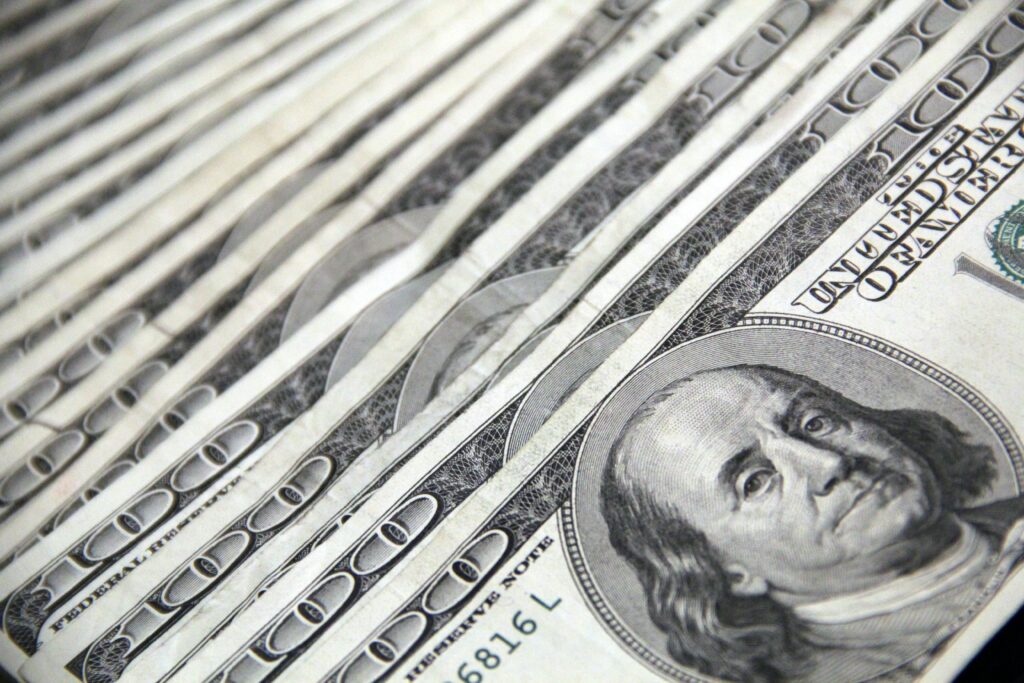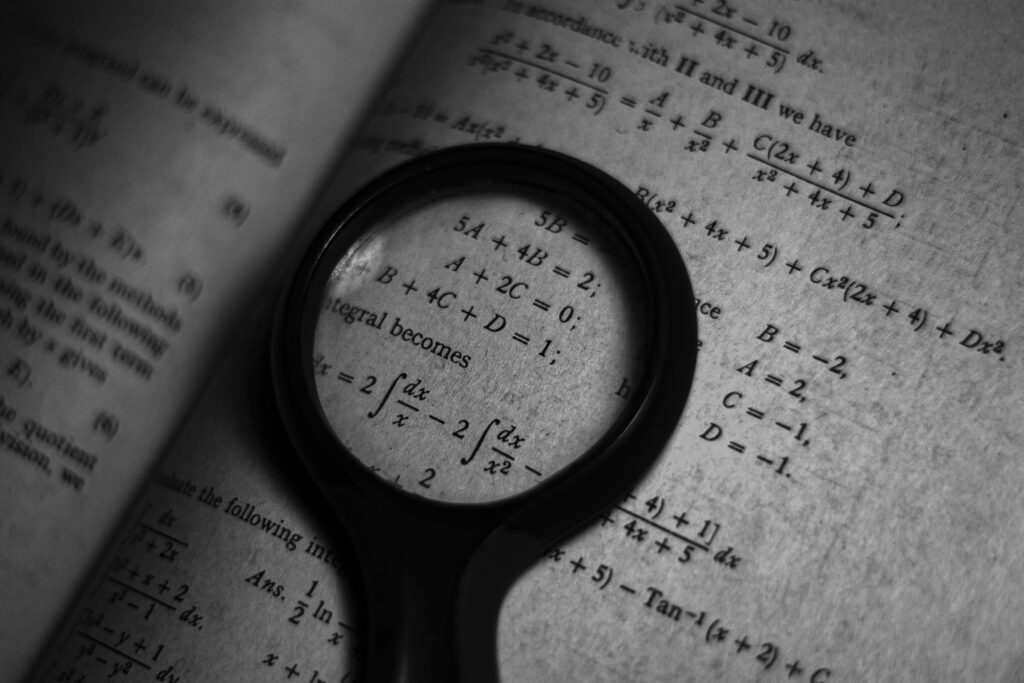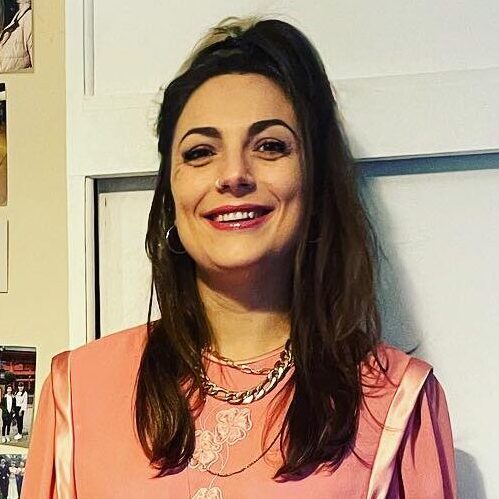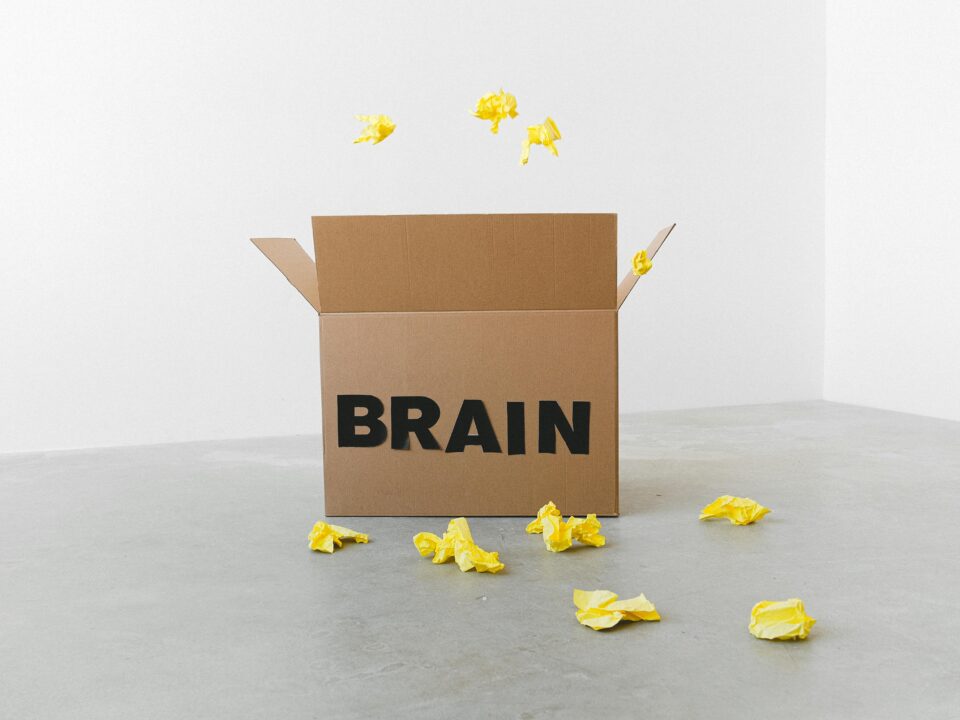6 Famous People With Dyscalculia

Featured Image by JESHOOTS.com, Pexels
6 Famous People With Dyscalculia
It can be something of a comfort when we know that we are not alone in possessing a certain “quirk” or “weakness”. When we discover that some of the greatest minds and talents share what we may perceive to be our setbacks, this can be motivational. In this instance, we focus on those with dyscalculia who rose to fame.
What is dyscalculia?
Dyscalculia is a developmental learning disorder where the individual struggles with number concepts such as various aspects of numeracy and mathematics.
If you’re familiar with dyslexia, it is similar to that, but for numbers rather than letters/words. Dyscalculia is generally lesser known than other neurodivergent conditions, due to it being less frequently diagnosed. It’s estimated that 5% of the UK population has dyscalculia. Take the dyscalculia quiz if you struggle with mathematical issues or think you might have dyscalculia.
Which famous people have dyscalculia?
Here we will name just six of many famous people with dyscalculia. We cannot know every single one, because, famous or not, individuals themselves are often unaware that it’s an identifiable condition, or worth identifying. Some are officially diagnosed with it, others are reported or rumoured to have it, and others posthumously identified to be dyscalculic.
Benjamin Franklin

Image by John Guccione www.advergroup.com, Pexels
This statesman is best known as one of the Founding Fathers of the United States as he helped to bring forth the Declaration of Independence. Franklin was knowledgeable in various fields, including theory and experimentation in physics and oceanography. You might wonder how he worked in a field that requires a good grasp of advanced maths if he had dyscalculia.
When it came to the aspects of Franklin’s life in which numbers were called upon, Franklin and his contemporaries in this space would have had to try harder than those without dyscalculia. Together with Albert Einstein and Thomas Edison (also physicists to varying degrees), Franklin existed during a time period where dyscalculia was not known. Just like them, Franklin is deduced to have had dyslexia, through a posthumous evaluation based on his traits and attributes.
“I didn’t fail the test, I just found 100 ways to do it wrong.” – Benjamin Franklin
“Being ignorant is not so much a shame, as being unwilling to learn.” – Benjamin Franklin
Bill Gates

Image by Görkem Cetinkaya, Pexels
Eleven percent of children with dyscalculia also have ADHD. In that cohort is none other than tech business powerhouse and philanthropist Bill Gates. He grew to success with the founding of Microsoft and is now one of the richest men alive. How can a dyscalculic, no matter how smart or fortunate, not only survive but thrive in software development? This field is technical and in need of analytical, coding, and statistical prowess. That doesn’t mean it cannot be cogitated and processed in some different or creative neurological manner favoured by the dyscalculic. After all, dyscalculics are known to be strong in creativity and problem-solving, helping them to find ways around a challenge.
Whilst Bill Gates has not himself confirmed his dyscalculia, he often hints at a propensity to view things differently.
“Software is a great combination between artistry and engineering.” – Bill Gates
I really had a lot of dreams when I was a kid, and I think a great deal of that grew out of the fact that I had a chance to read a lot.” – Bill Gates
Robbie Williams

Image by Nothing Ahead, Pexels
Popstar Robbie Williams has recently shared with his social media followers how phone numbers give him anxiety when each number isn’t sufficiently spaced apart. He also admitted to sweating profusely at restaurants whilst trying to work out percentages to tip.
Phone numbers and percentages aside, the music (and film) industry tends to host a significant number of famous people with dyscalculia. An identified trait of some people with dyscalculia is creativity, which can manifest in many forms, such as carving out a career in entertainment.
“To be honest, I don’t want No. 1’s anymore. Now, don’t get me wrong, I wouldn’t mind the odd few, but I’d also like a record going in at eight and staying around.” – Robbie Williams
Cher
40% of people with dyslexia also have dyscalculia. Sixties icon Cher, often branded the Goddess of Pop, is in that 40%. In her autobiography, whilst reflecting on her school days, she wrote, “…for me, maths was like trying to understand Sanskrit”. Cher only learned that she had learning differences when her daughter was going through a diagnosis. Despite having released 41 albums and starred in 19 films, at the age of 77, Cher is still an icon. And that’s now the case beyond pop culture alone.
Cher embraced her different mode of thinking and learning, even though her learning difficulties are still a struggle to this day. Amongst other philanthropic roles, Cher uses her platform and lived experience to advocate for children with neurological differences in thinking and learning.
Cher is a woman with an undeniably original and exquisitely eccentric flair. She can certainly be deemed highly creative in a multitude of ways, from fashion and beauty style to bold lyrics and genre-defying music, Cher’s distinctiveness and standout quirks are clearly a large part of her.
“Almost everything I learned, I had to learn by listening. My report cards always said that I was not living up to my potential.” – Cher
“I can’t spell or do grammar, but I’m smarter and more serious than people think. I’m no featherweight when it comes to digging deep and being involved.” – Cher
Hans Christian Anderson
This much-revered Danish author of enchanting fairy tales including The Little Mermaid, The Princess and the Pea, and The Ugly Duckling is suggested to have had dyscalculia. The eighth most translated writer in the world with a strong imagination proved that this neurodivergence did not hinder him in terms of his colourful wordsmithery and great penmanship of literature for children. According to Critical Reflections about Hans Christian Andersen, The Failed Revolutionary, his autobiographical and cinematographic versions of himself were just as conjured and fictitiously conveyed as the characters in his fairy tales read by millions.
He was an academically challenged student at school, and this was probably further complicated by his now-identified learning difference.
“To be of use to the world is the only way to be happy.” – Hans Christian Andersen
“It is only with the heart that one can see clearly, for the most essential things are invisible to the eye.” – Hans Christian Andersen
Mary Tyler Moore

Image by Andrea Piacquadio, Pexels
American actress and producer Mary Tyler Moore did not know she had dyscalculia until the age of 50. Her career took off long before then after a hard time at school where she was called “a bad girl” and “a stupid girl”. She says that if she had been given alternative methods for learning maths, she “might have gone to college and grown up with a different expectation.” Clearly, dyscalculia by no means equals limitations.
“Looking back on it, I realise that I have always chosen work that challenges me because if I don’t go into work a little scared, I don’t have any interest in it.” – Mary Tyler Moore
While others won holy cards at school for excellence in scholarship, I was adding another second or two of balance to my arabesque.” – Mary Tyler Moore
Neurodivergence affects many celebrities. For instance, billionaire tycoon Richard Branson with ADHD, author Agatha Christie with dyslexia, actor Daniel Radcliffe with dyspraxia, to name a few. These strengths spill over to, or combine with, strengths of other neurodivergent conditions.
Useful links
Different types of dyscalculia
Difference between dyscalculia and dyslexia




